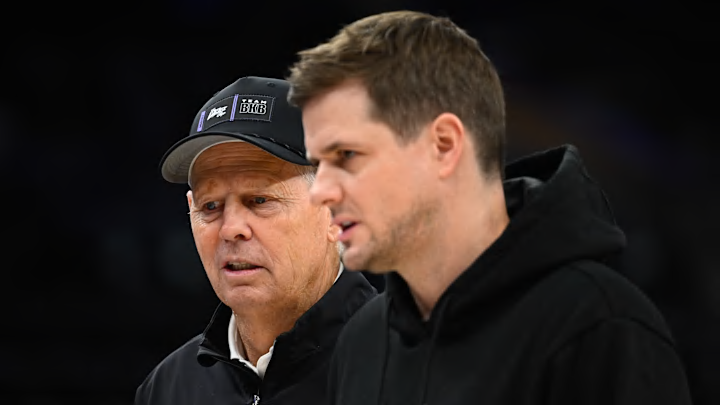When the Utah Jazz signed Drew Eubanks, the instant reaction was, "He won't last there." That had nothing to do with Eubanks or how good he is. He's a solid backup center with no long-term place on a team like Utah since they're rebuilding.
A few months later, he was out. The Jazz didn't get a ton from Eubanks, but they shouldn't have because backup fives don't get that much. They acquired PJ Tucker, Mo Bamba (who they waived), and a second-round pick for Eubanks and Patty Mills.
It may not seem like much, but the Jazz gave the Clippers the best player in the deal and helped them save money, which likely helped them feel more comfortable making the other deals they agreed to. One might say whoopty-friggin-doo for the Jazz, but there's more to this.
The Eubanks trade led to more trades that led to more second-round picks. When it was all said and done, the Jazz added two more additional second-round picks, and in return, their trade partners got better while saving money in the process.
The Jazz are taking advantage of the new NBA environment
The Jazz's moves during the trade deadline show how much trade negotiations have changed across the NBA because of one of the CBA's new wrinkles: tax aprons. Teams want to win but don't want to cross those aprons to achieve those goals because of the ramifications that come with them.
Utah isn't one of these teams. They know it and have taken great advantage of how their trade partners want to have their cake and eat it. While there is definitely such a thing as too much draft capital, the Jazz showed through their trade with the Suns that they know what they're doing.
That doesn't mean they'll find an identical trade to their genius move with Phoenix, but they have used their surplus of draft assets to get better ones. That's the bottom line. They are taking advantage of every form of desperation from other NBA teams. Utah won't do this for too long, but they are doing it while they still have the window to do so.
This offseason, don't be surprised if it's not only more of the same, but they potentially get even better assets out of it. Collin Sexton, Jordan Clarkson, and John Collins will all be on expiring contracts, which teams may be interested in because they'll be upgrades and can provide cap flexibility.
That in turn can lead to first-round picks. It may be a while before the Jazz cash in on all of this asset hoarding, but this is part of how to rebuild a winner the right way.
